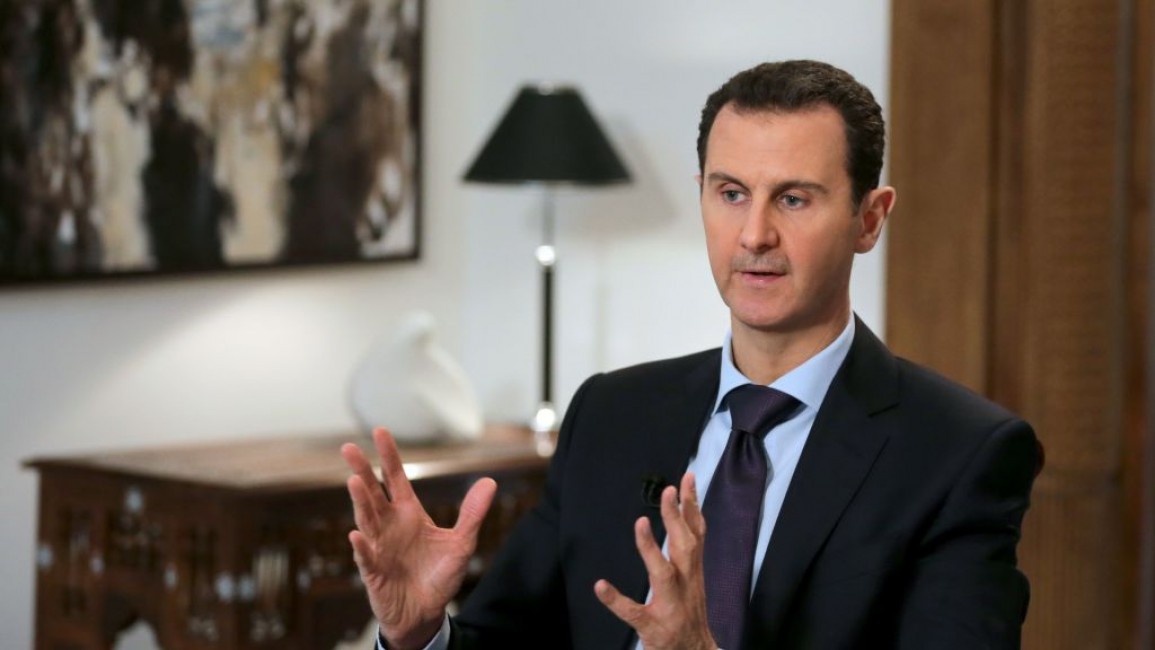Saudi Arabia leading efforts to rehabilitate Syria's Assad regime following horrific conflict
Saudi Arabia appears keen for the regime of Syrian President Bashar al-Assad to be rehabilitated in the Arab world, leading efforts to readmit Syria to the Arab League in time for a meeting in Riyadh next month, The Telegraph has reported.
The efforts would reverse the Assad regime's 2011 suspension from the regional bloc after it was turned into an international pariah for its mass killings of civilians during the country’s decade-long conflict.
Over 500,000 Syrians have been killed and milllions more and displaced since 2011, mostly as a result of regime bombardment of civilian areas.
The Telegraph said that Assad’s rehabilitation on the Arab stage will represent a victory for his regime and his backers in Moscow and Tehran, and a failure of Western diplomacy.
Assad's new relationships with the Arab world can be seen in the Syrian president’s visits abroad. Until last year, his trips had been largely to Iran and Russia - his regime's two main military backers that have helped Assad regain most of the territory once held by opposition forces.
Since March 2022 however, Assad has made two trips to the UAE - a country that normalised relations with his regime in 2018 and is also a close ally of Saudi Arabia - and Oman, the traditional mediator in the region.
Assad is also seen to have greatly benefitted from the devastating earthquake that struck Syria and Turkey in February.
Analysts say a diplomatic momentum generated by aid efforts following the quake could bolster Damascus's relations with Middle Eastern countries that have so far resisted normalisation after more than a decade of war.



